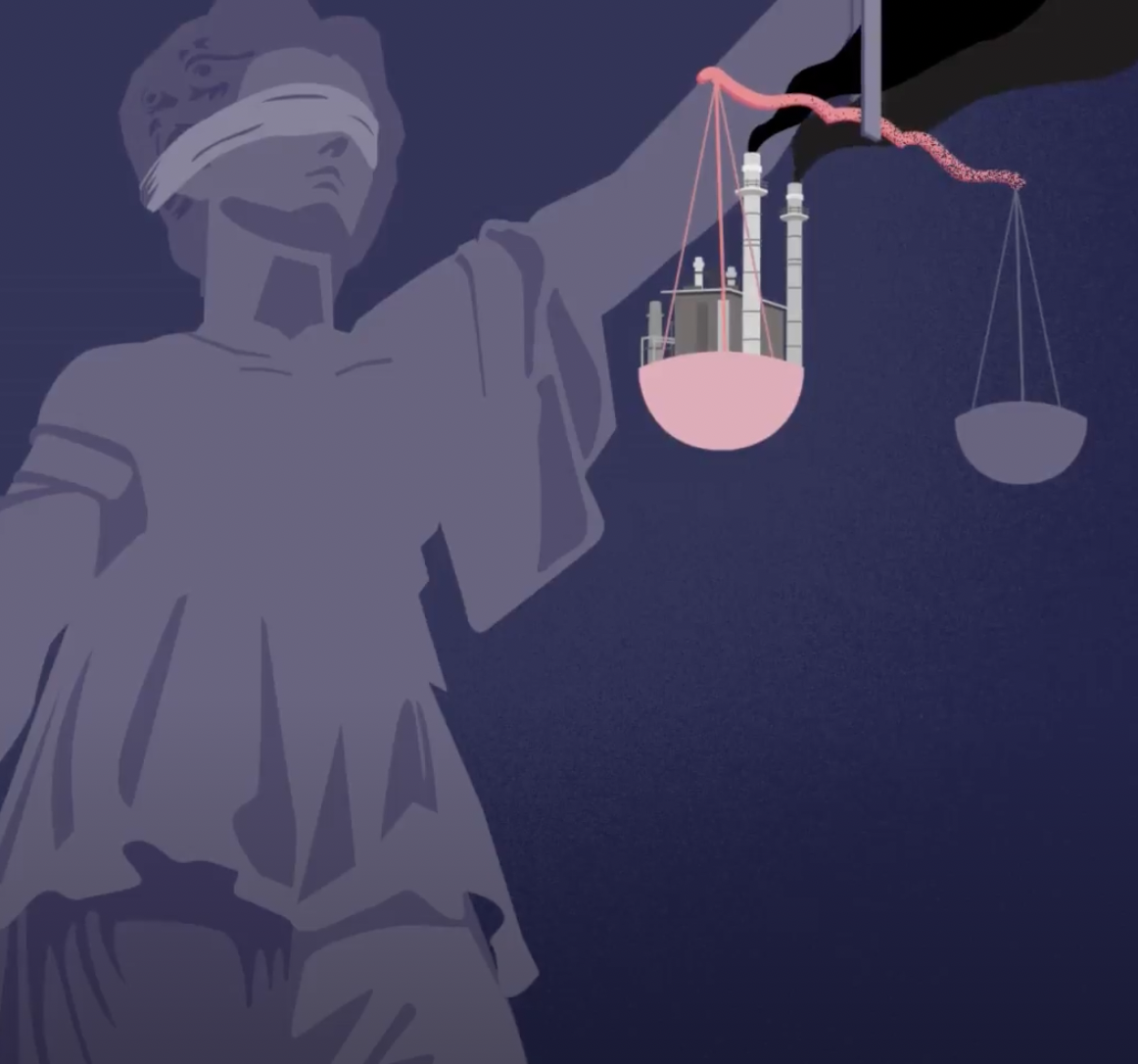On June 29, 2023, the Grantham Research Institute on Climate Change and the Environment at the London School of Economics and Political Science published the Global Trends in Climate Litigation: 2023 Snapshot report, providing a comprehensive analysis of climate litigation trends. Here are some important takeaways from the report by Joana Setzer and Catherine Higham:
Related Posts
 AgendaExplainedNews
AgendaExplainedNews
Public support for plastic reduction target grows ahead of INC4
digitalnewshubApril 15, 2024
 AgendaExplainedNews
AgendaExplainedNews
April 2024 Climate Diplomacy Updates: Urgency, Challenges, and Legal Battles
digitalnewshubApril 12, 2024



